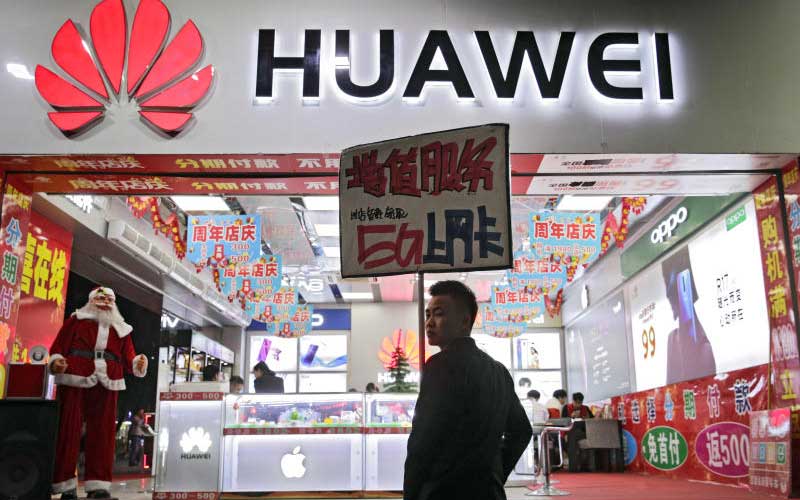×
The Standard e-Paper
Join Thousands Daily

Global security officials have agreed a set of proposals for future 5G networks, highlighting concerns about equipment supplied by vendors that might be subject to State influence.